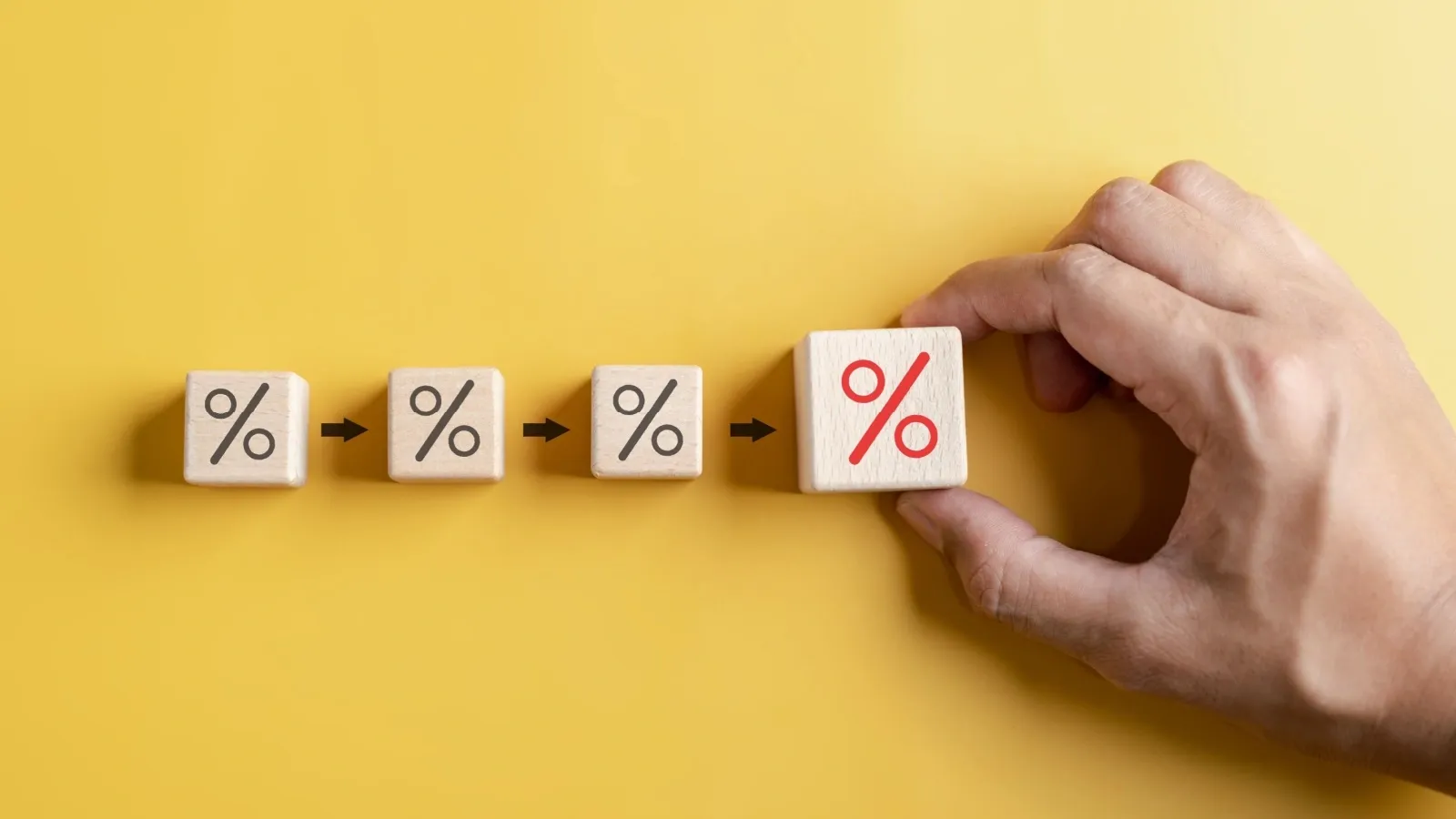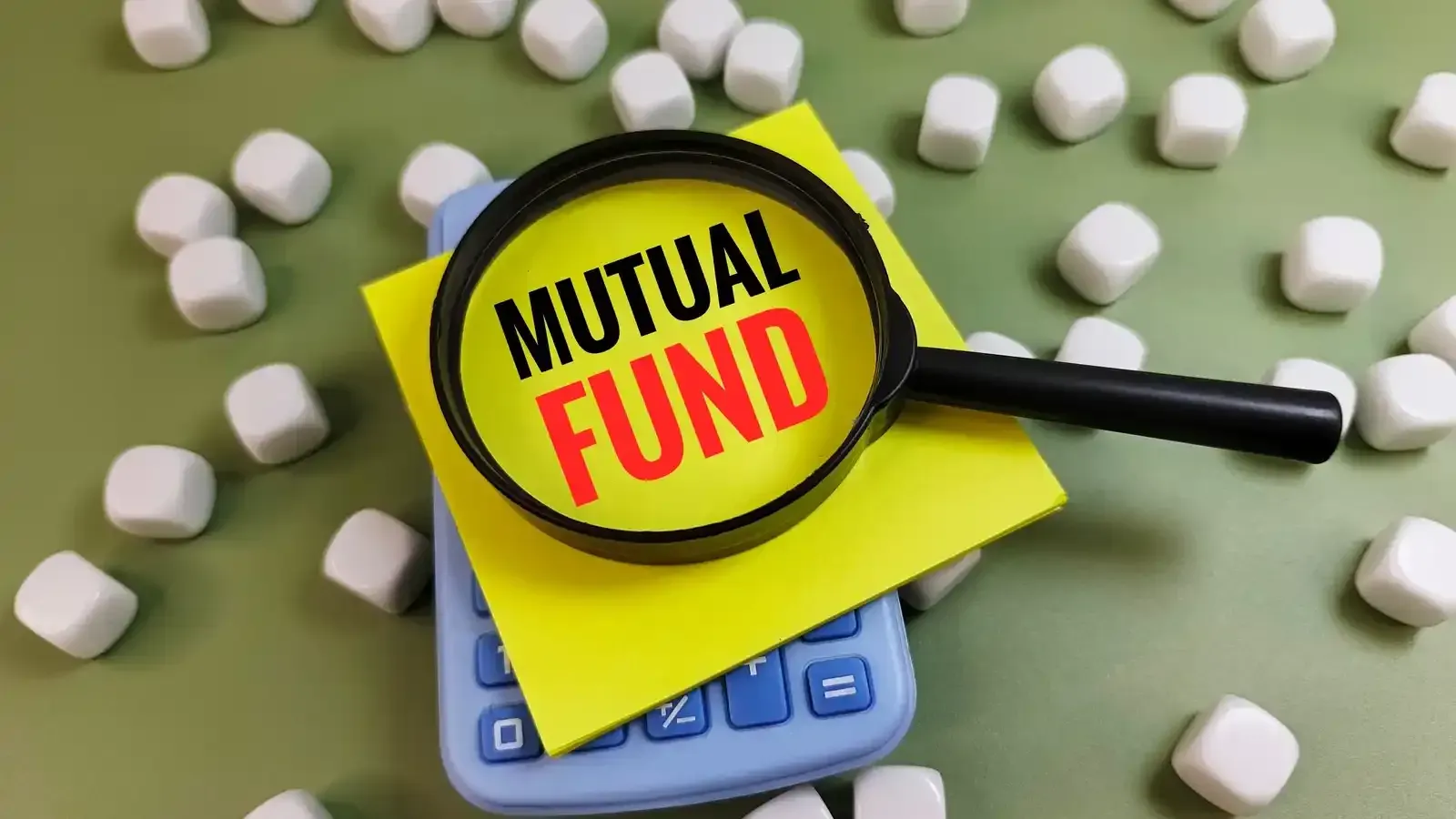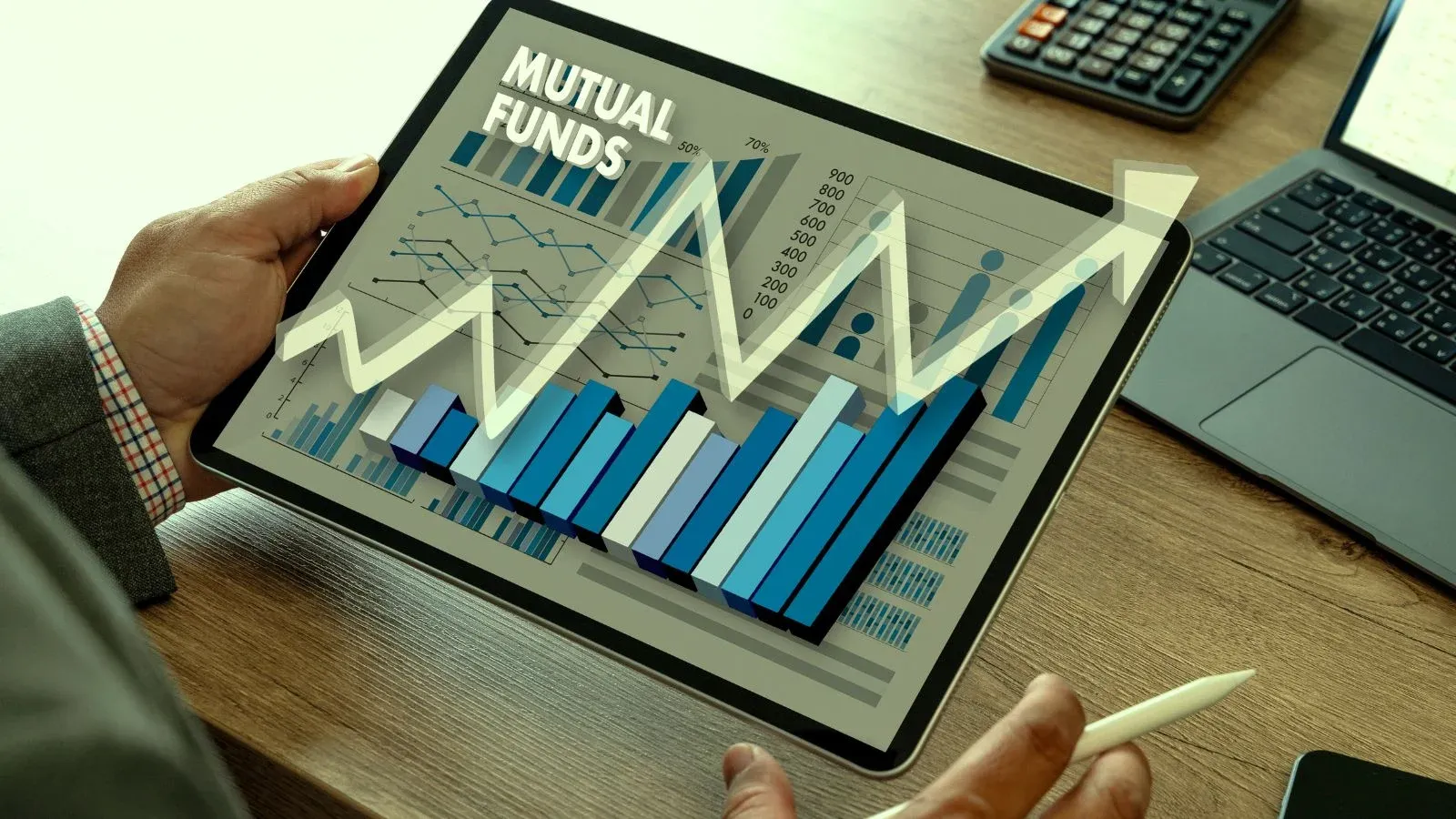Risks in Mutual Fund Investing
Written by Mariyam Sara
Published on November 25, 2025 | 2 min read

"Mutual Fund investments are subject to market risks. Read all scheme-related documents carefully before investing."
You must have heard this disclaimer in all mutual fund advertisements. SEBI has made it mandatory for all AMCs to add to all mutual fund-related documents and advertisements due to the various risks that threaten your investments.
Before investing in mutual funds, understand the different types of risk involved so you can pick a mutual fund that aligns with your risk tolerance and financial goals.
Are Mutual Funds Risky?
Yes, like all investments, mutual fund investments are exposed to certain risks that can potentially lead to a loss. Mutual funds are risky investments as the funds are pooled from various investors and are invested across asset classes such as stocks, bonds and other securities. The prices of these securities are influenced by several factors that affect your mutual fund's performance.
When you invest in mutual funds, you get units and the prices of these are referred to as Net Asset Value (NAV). The NAV of these mutual fund units fluctuates in response to changes in the prices of underlying assets. This volatility in NAV is a result of various factors and is a primary risk involved in Mutual Fund investments.
Types of Mutual Fund Schemes
- Equity Funds
This fund predominantly invests in stocks of companies listed on the stock exchanges. Due to the volatile nature of equities, such funds carry high risk.
- Debt Funds
Debt funds focus on debt instruments such as short-term duration or overnight which offer interest on the amount invested.
- Hybrid Funds
Hybrid funds invest in both equity and debt instruments in a predetermined proportion according to the asset allocation strategy.
Let’s explore the risk involved in different types of mutual funds.
Types of Risk in Equity Mutual Funds
There are two categories of risks in Equity Mutual Fund: Systematic risk & Unsystematic risk.
Volatility Risk
Equity mutual funds invest in shares of companies listed on Stock Exchanges and the share prices are inherently volatile, which affects the fund’s performance. Stock prices fluctuate due to microeconomic factors such as SEBI regulations, economic conditions, RBI Policies, and government regulations etc.
Liquidity Risk
Liquidity refers to the ability to convert your assets into cash easily. Mutual funds with long-term lock-in periods carry liquidity risks as they cannot be easily sold. In liquidity risk, investors find it challenging to sell their units to a willing buyer in case of urgent financial requirements.
Types of Risk in Debt Mutual Funds
Here are the different types of risk of investing in Debt Mutual Funds.
Interest Risk
Changes in interest rates are a constant worry for investors holding debt mutual funds throughout their investment duration. This is because changes in interest rates will impact the investor's investment value.
For example, when interest rates rise, bond prices will fall, negatively impacting the value of the bond.
Credit Risk
Debt funds are invested in corporate bonds that offer investment interest. The risk of a bond-issuing company failing to pay the interest is referred to as credit risk. Debt funds majorly invest in investment-grade securities with high ratings.
Since debt securities with lower ratings offer higher interest rates, certain funds are invested in them, increasing investment risks.
Inflation Risk
Inflation risk is the risk related to your money’s eroding purchasing power. To preserve the value of your money, investors need investments that not only keep pace with inflation but also beat it.
For example, if investors earn 7% return on their investment while the prevailing inflation rate is 4%, then investors earn an inflation-adjusted rate of return of 3%.
Concentration Risk
When you invest all your money in one investment scheme, it leads to concentration risk. If that investment scheme doesn’t perform well, you face the risk of losing your entire capital. Hence, it is better to diversify your investments to reduce your overall risk exposure.
Currency Risk
When you invest in foreign securities, changes in the exchange rate will impact the return on investments. If you invest in mutual funds that invest in foreign securities, a decrease in exchange rates will decrease the investment’s returns.
For example, you buy Apple Inc. stocks worth ₹50,000, which is around $3500. If the U.S dollar strengthens against the rupee, the value of your returns converted to rupee will increase and should the dollar weaken, your return on investment will also decrease.
Reinvestment Risk
Reinvestment risk is the risk of earning lower rate of return on your reinvested cash flows compared to rate of return earned on original investment.
As an investor, you need to understand the dynamics of risk and returns, one cannot exist without the other. So choose a Mutual fund that aligns with your risk tolerance and return expectations.
About Author
Mariyam Sara
Sub-Editor
holds an MBA in Finance and is a true Finance Fanatic. She writes extensively on all things finance whether it’s stock trading, personal finance, or insurance, chances are she’s covered it. When she’s not writing, she’s busy pursuing NISM certifications, experimenting with new baking recipes.
Read more from MariyamUpstox is a leading Indian financial services company that offers online trading and investment services in stocks, commodities, currencies, mutual funds, and more. Founded in 2009 and headquartered in Mumbai, Upstox is backed by prominent investors including Ratan Tata, Tiger Global, and Kalaari Capital. It operates under RKSV Securities and is registered with SEBI, NSE, BSE, and other regulatory bodies, ensuring secure and compliant trading experiences.

























